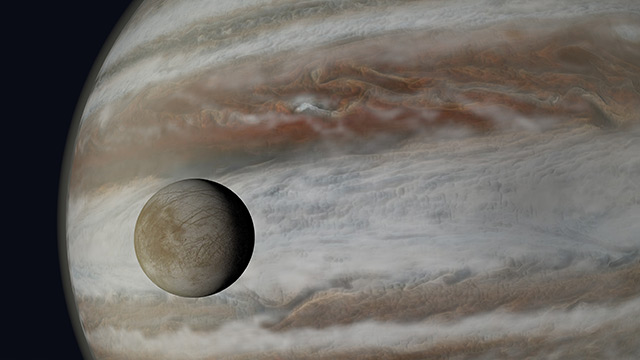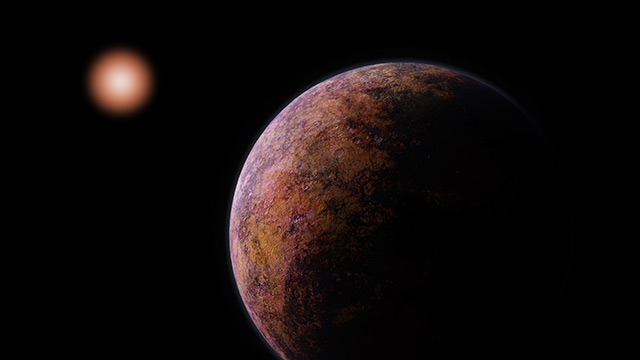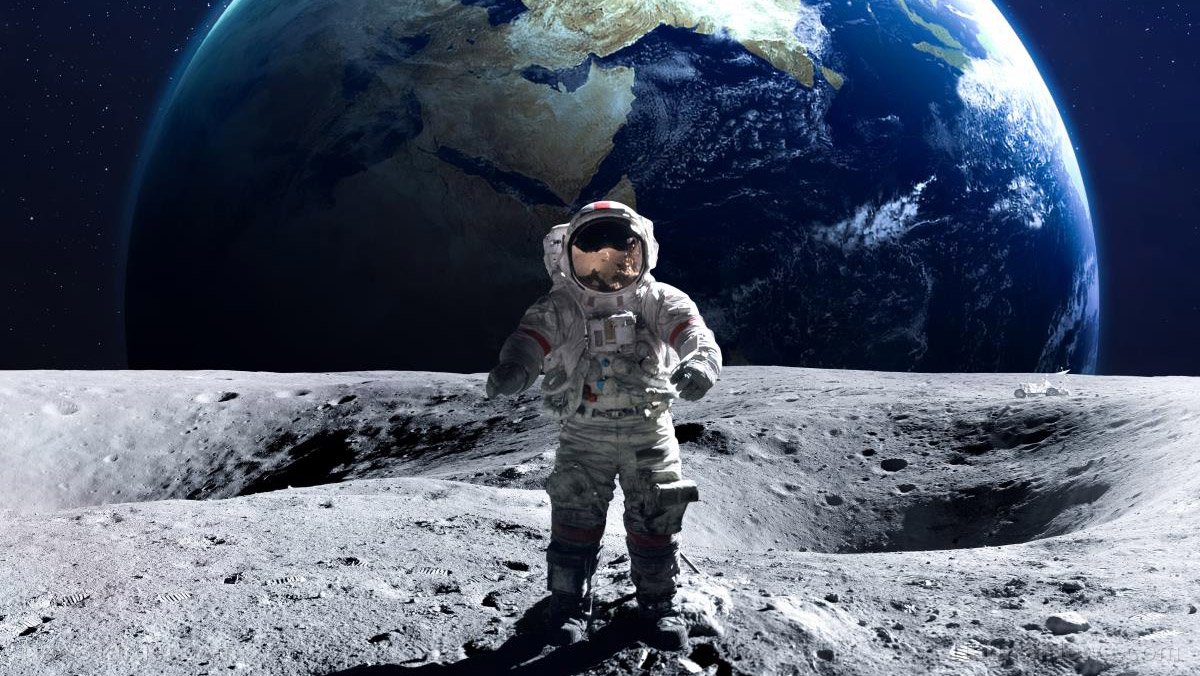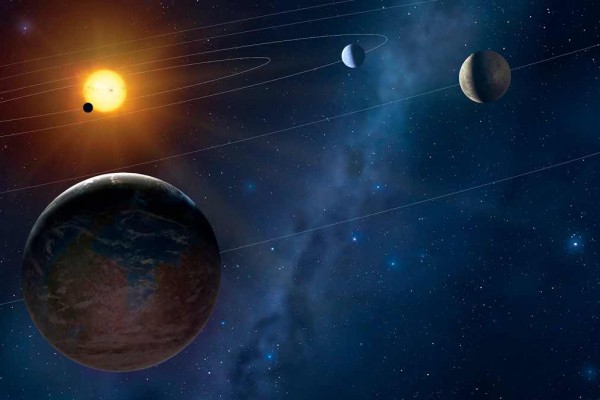Humans must colonize Mars to ensure our survival as a species, said NASA Administrator Charles Bolden at the opening of the Humans 2 Mars Summit at George Washington University.
Bolden was speaking in support of the space agency’s plans to develop a new Orion crew capsule and Space Launch System heavy-lift rocket, continue research at the International Space Station, land a human crew on an asteroid in the mid-2020s and land humans on Mars by the mid-2030s. NASA’s plan to land humans on Mars consists of several steps, including “lassoing” an asteroid into the Moon’s orbit by 2015, learning to grow plants in space, and adapting 3D printers to produce repair parts for space shuttles.
Bolden is calling on the U.S. Congress to increase funding for these programs, including $848 million for a partnership with private companies to ferry astronauts to the International Space Station starting in 2017.
NASA’s current budget is $17.65 billion.
Mission to Mars
Colonizing Mars (and eventually other solar systems) is the only guarantee against extinction, Bolden said. Even if some other global catastrophe does not wipe out humankind, eventually our sun will burn out.
“One of these days that’s going to be the story of our star, the sun,” Bolden said. “And so if this species is to survive indefinitely, we need to become a multi-planet species. So one reason we need to go to Mars is so we can learn a little about living on another planet, so when Mikaley, my granddaughter, is ready to move out of the solar system we’ll know a lot more about living away from this planet than we know today.”
“Mars is a stepping stone to other solar systems,” he said.
According to most estimates, the sun’s expansion will not render Earth uninhabitable until about 5 billion years from now; lower estimates still give Earth another 1.75 billion years. For comparison, human civilization is about 12,000 years old. The human and chimpanzee lineages split about 6 million years ago, while apes and monkeys split about 25 million years ago. Multicellular life has existed for only about a billion years (one billion is 1,000 million).
Health and financial risks
Bolden’s call for increased funding may be a long shot.
“Listening to Bolden and other NASA officials at the Mars summit (platinum sponsor: Boeing; gold sponsor: Lockheed Martin), I wondered if their ambitions were proceeding at warp speed relative to realities here on Earth,” wrote Washington Post columnist Dana Milbank.
“Budget realities require a modest approach to human space exploration and not an Apollo-style moonshot,” Milbank wrote. “Yet NASA officials admit humans won’t reach Mars at current funding levels, and it’s difficult to see where extra money will come from in an age of shrinking budgets.”
A recent report from the Congressional Budget Office concluded that replacing all of NASA’s manned exploration with robotic exploration could save $73 billion over ten years.
“Increased capabilities in electronics and information technology have generally reduced the need for humans to fly space missions,” the report read.
Another advantage to robotic exploration is that human astronauts need not be exposed to the high radiation levels of deep space, along with the risk of radiation sickness and cancer. Recognizing that manned flights to Mars will require exposing astronauts to more radiation, NASA has asked the Institute of Medicine to see if it might be “ethically acceptable” to raise current radiation exposure limits.
“You don’t need to be a rocket scientist to recognize that if you’re weighing shortcuts like that, something may be wrong with your mission plan,” Milbank wrote.
(Natural News Science)
Sources for this article include:
http://www.delhidailynews.com
http://metro.co.uk
http://www.washingtonpost.com
http://www.isciencetimes.com
http://www.livescience.com/44986-monkeys-do-math.html
http://www.sciencedaily.com/articles/t/timeline_of_evolution.htm
















